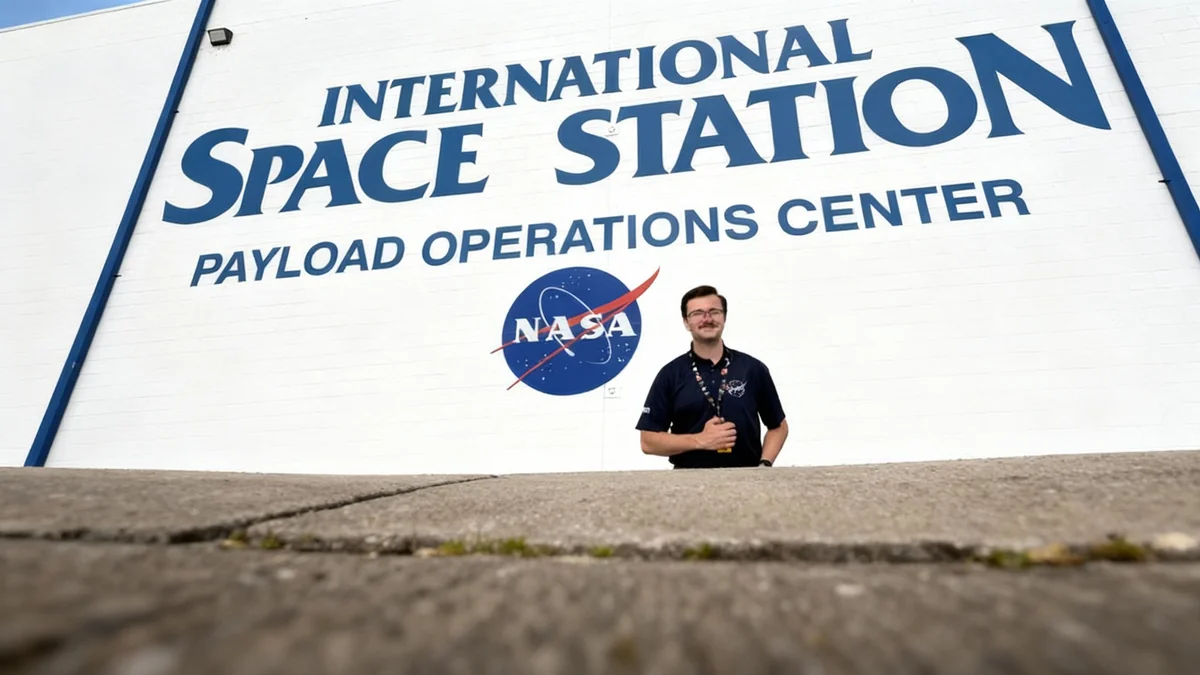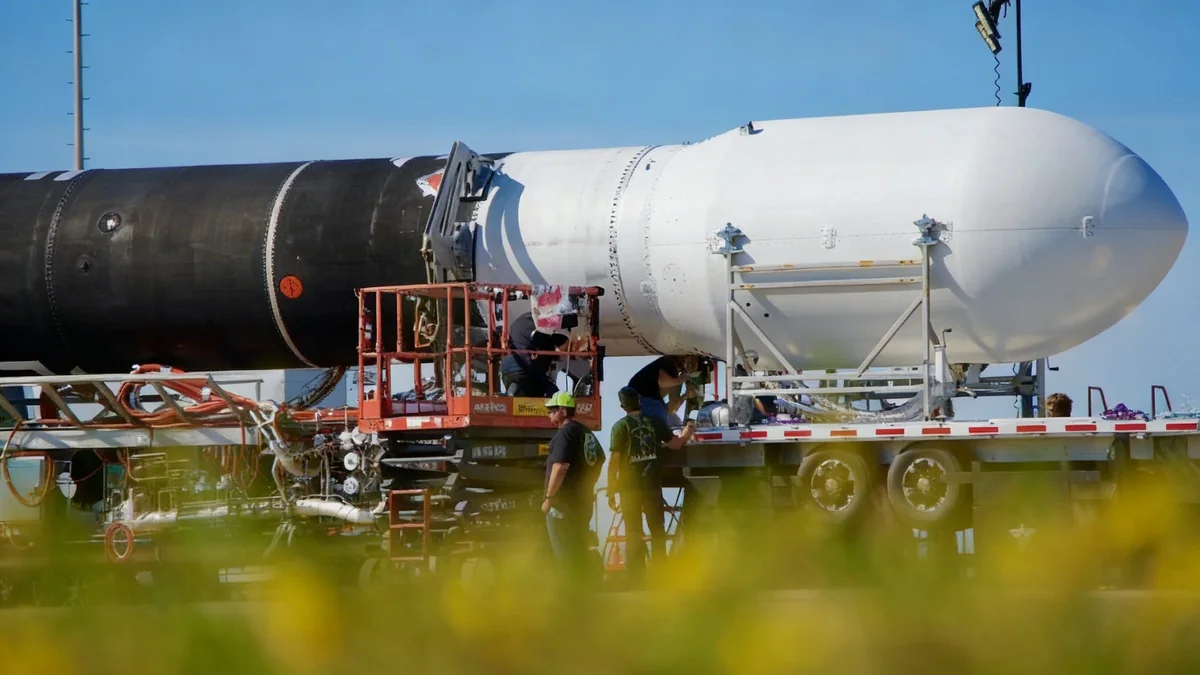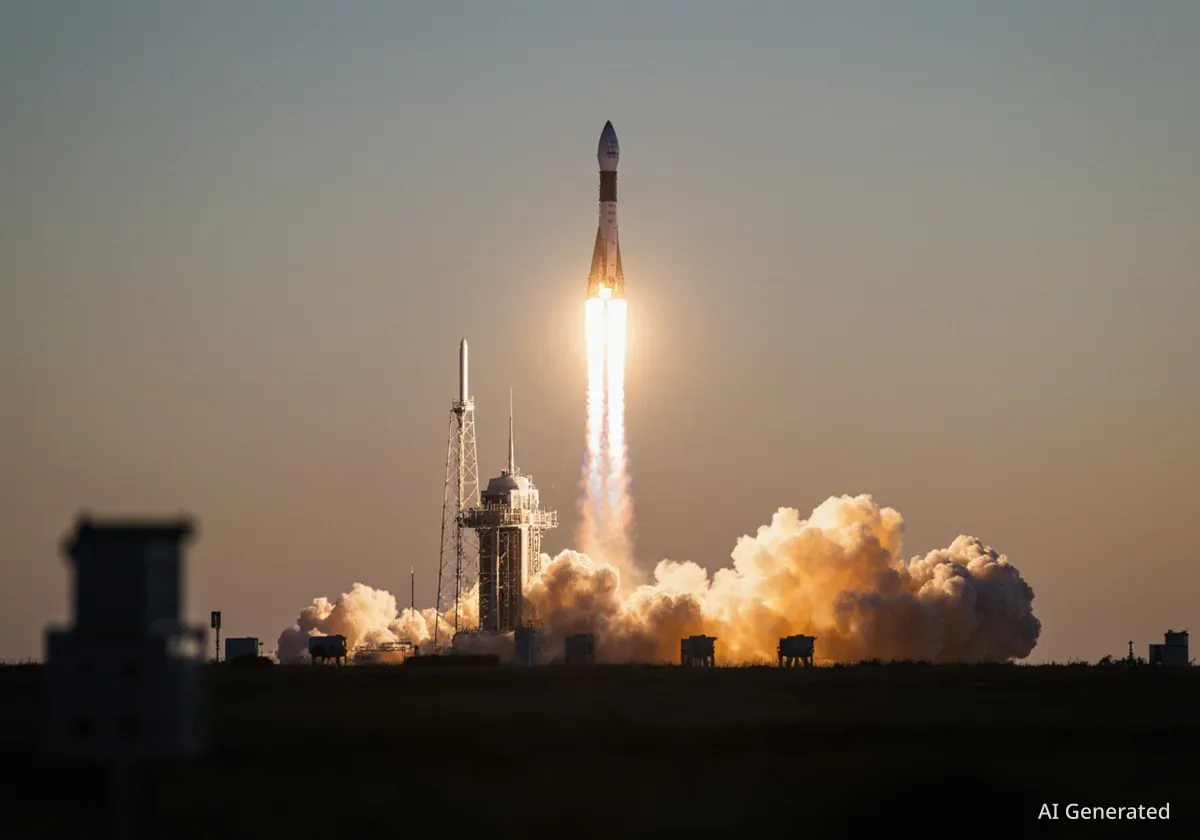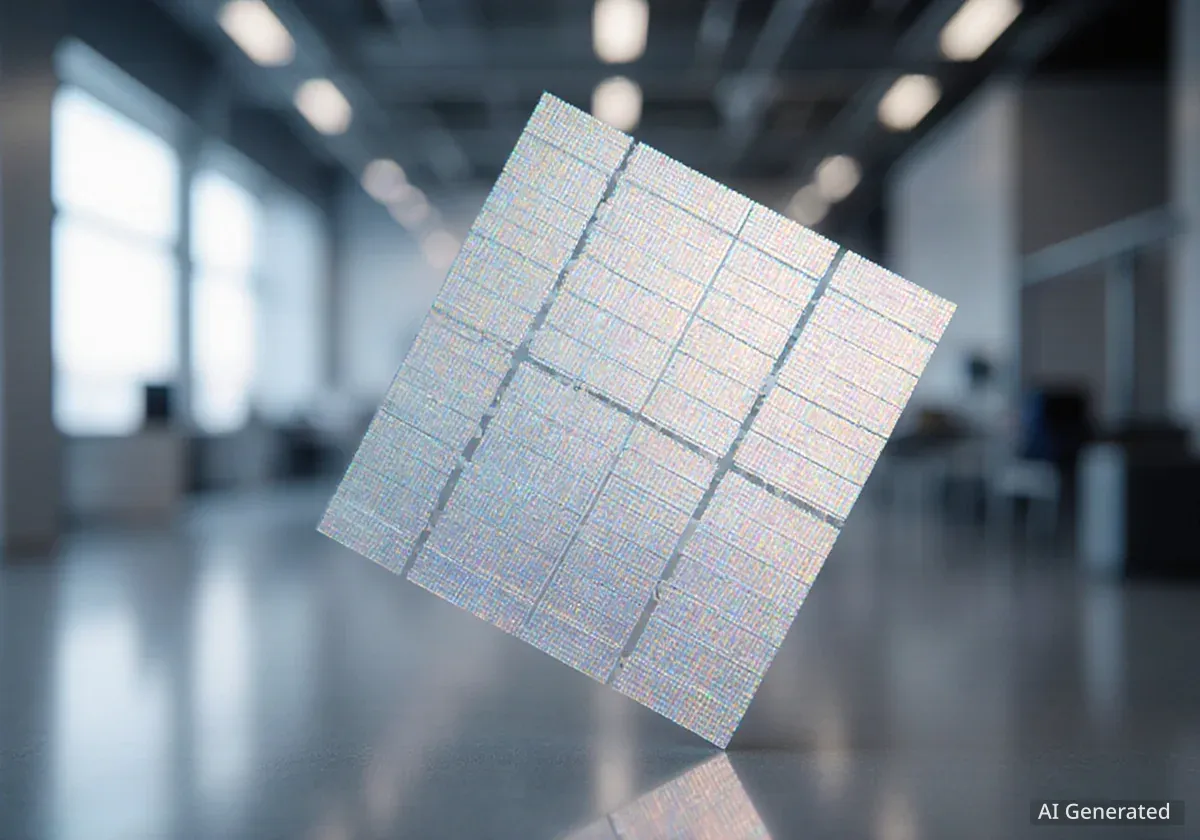A University of Arkansas at Little Rock senior has spent the summer developing artificial intelligence solutions for NASA, tackling a critical challenge for future deep-space missions: communication delays. Spencer Knight, an engineering and physics student, worked on an AI system designed to give astronauts on Mars instant access to vital information without relying on a live link to Earth.
Key Takeaways
- Spencer Knight, a UA Little Rock student, interned at NASA’s Stennis Space Center.
- His primary project involved researching AI to assist astronauts on long-duration missions, such as a trip to Mars.
- The AI aims to solve the problem of communication delays, which can be up to 24 minutes one-way between Earth and Mars.
- Knight's work focused on creating a knowledge base that astronauts can query for information on tools and systems without real-time support.
- The internship fulfilled a childhood dream for Knight and has steered his academic focus toward AI in the aerospace industry.
Bridging the Communication Gap to Mars
For future astronauts traveling to Mars, a simple question for mission control won't get a quick answer. The vast distance means radio signals can take anywhere from four to 24 minutes to travel one way. This delay makes real-time conversations impossible, creating a significant operational risk for crews millions of miles from home.
Spencer Knight, a senior at UA Little Rock, was tasked with exploring a solution during his internship at NASA's Technology, Innovation, and Research Office (TIRO). His work centered on using large language models (LLMs), the same technology behind platforms like ChatGPT, to create a self-contained knowledge system for astronauts.
"Communications with Mars can take a minimum of four minutes and a maximum of 24 minutes, so astronauts going to Mars wouldn’t be able to have live chats with NASA," Knight explained. "The idea is to use AI to create a system that can handle databases of knowledge about specific tools that astronauts will handle when they are traveling far away from Earth."
This system would allow an astronaut to quickly find repair procedures, operational details, or schematics by simply asking the AI, ensuring they have immediate access to critical data without waiting for a response from Earth.
From Old Files to Future Tech
Knight’s internship wasn't solely focused on futuristic Mars missions. A significant part of his research involved a more immediate challenge: making decades of NASA's institutional knowledge accessible. He worked on a project to develop a searchable database from thousands of old, scanned documents.
This effort to digitize and index historical files using AI has practical benefits for current NASA engineers and researchers, allowing them to easily access information from past projects and missions. It provided Knight with a foundational understanding of how AI can be applied to manage and interpret vast amounts of complex data.
A Summer of Unforgettable Experiences
Beyond his research, Knight's time at NASA included several unique opportunities. He witnessed a rocket engine test up close, an experience he described as feeling "like an earthquake." He also toured various NASA facilities, including a visit to one of the International Space Station’s control rooms at the Marshall Space Flight Center in Huntsville, Alabama.
While the technical experiences were profound, Knight said the highlight was the connection he formed with his fellow interns. "There were 12 of us, and we became like a family," he recalled. "We still text regularly. That bond... made the summer unforgettable."
A Newfound Passion for Artificial Intelligence
The internship proved to be a pivotal moment in Knight's academic journey. A programmer since he was eight years old, he had previously avoided working with AI. However, his hands-on experience at NASA completely changed his perspective.
"This was my first deep dive into AI, and now I’m looking for ways to continue researching it here at UA Little Rock," Knight stated. He now sees the immense potential for artificial intelligence, particularly in how it can advance the aerospace industry.
Fulfilling a Lifelong Dream
For Knight, working at NASA was the culmination of a dream that began in early childhood. He credits his father, whom he calls "the biggest space nerd I know," for teaching him the names of the planets at age three. His grandfather, an engineer, also served as an early inspiration for his career path. "Working for such a historical agency is a massive privilege," he said.
As vice president of the Aerospace Club at UA Little Rock, Knight is already deeply involved in the field. He is set to graduate in May 2026 and plans to either enter the aerospace industry directly or pursue graduate school to further his research. His work this summer has positioned him at the forefront of a new era in space exploration, where AI will be as critical as the rockets themselves.





